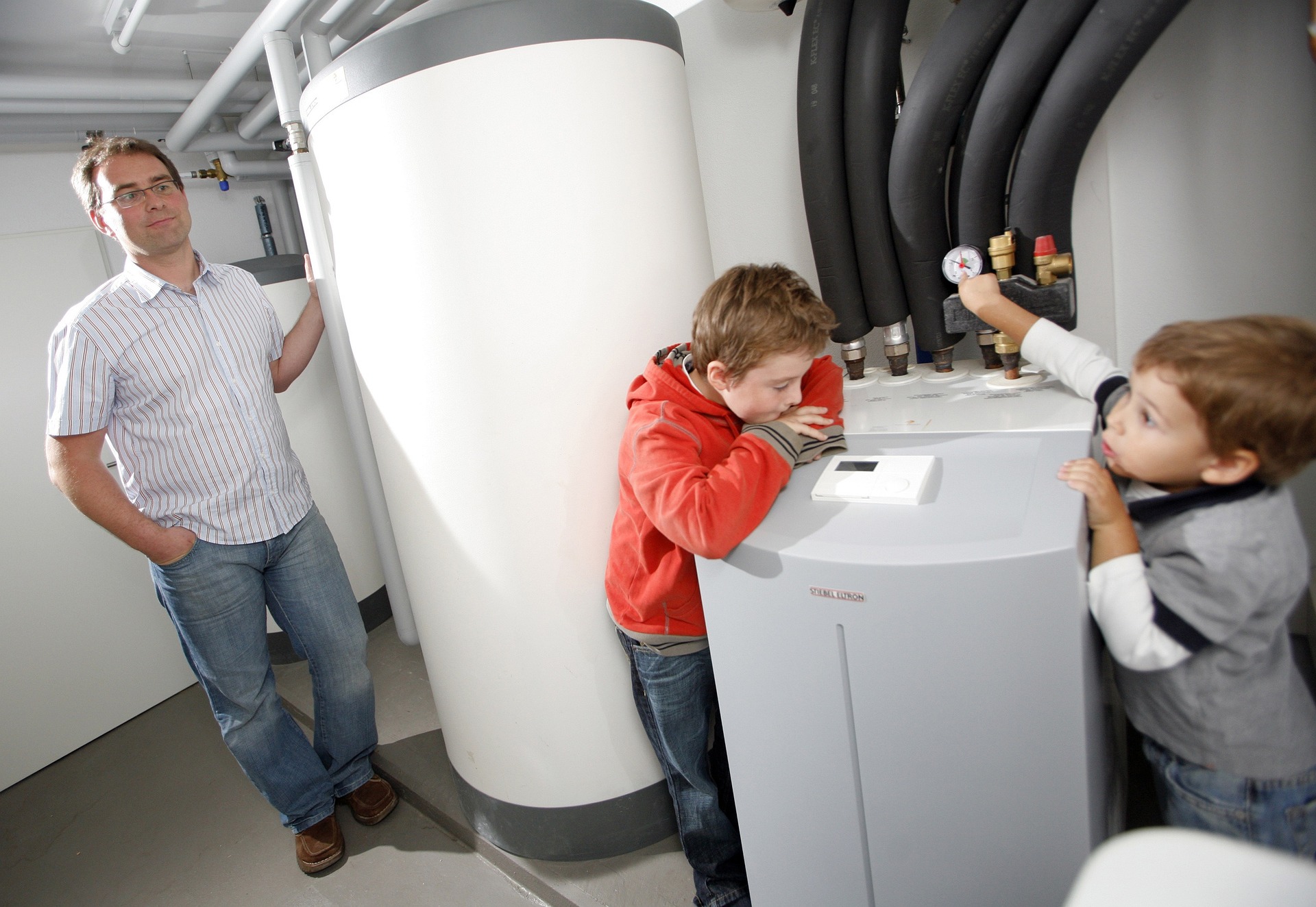How Heat Pump Costs in the Canada Are Changing in 2025
As more households across the Canada consider switching to energy-efficient solutions, heat pumps have emerged as a practical choice for whole-home climate control. With updated pricing in 2025, many are taking a closer look at installation costs and long-term value. Here's what to know about current trends.

What Affects the Price of a Heat Pump Installation?
The cost of installing a heat pump in Canada can vary significantly based on several factors. The type of heat pump system (air-source, ground-source, or water-source) plays a crucial role in determining the price. Other influential factors include the size of your home, the existing ductwork, the climate zone you live in, and the energy efficiency rating of the unit. Additionally, labor costs, which can differ by region and the complexity of the installation, contribute to the overall expense.
Understanding the Total Cost for Whole-Home Heating
When considering a heat pump for whole-home heating, it’s essential to look beyond the initial purchase price. The total cost encompasses installation, potential electrical upgrades, and any necessary modifications to your home’s existing HVAC system. In 2025, Canadians are also factoring in long-term savings from increased energy efficiency and potential government rebates or incentives for eco-friendly home improvements. These considerations help homeowners understand the true value proposition of heat pump systems over time.
How Prices for Heat Pumps Are Evolving in 2025
The heat pump market in Canada has seen notable changes in 2025. Technological advancements have led to more efficient units, which, while potentially higher in upfront costs, offer greater long-term savings. The increased demand for sustainable heating solutions has also influenced pricing dynamics. As more manufacturers enter the market and production scales up, some models have become more affordable. However, premium, high-efficiency units continue to command higher prices due to their advanced features and superior performance in colder climates.
Choosing a System That Fits Your Property
Selecting the right heat pump system for your property involves balancing cost with efficiency and suitability for your specific needs. In 2025, Canadians have access to a wider range of options, including hybrid systems that combine heat pumps with traditional furnaces for optimal performance in extreme cold. The size of your property, its insulation quality, and your local climate all play crucial roles in determining the most cost-effective solution. Consulting with HVAC professionals can help you navigate these choices and find a system that offers the best value for your investment.
Comparing Heat Pump Options and Costs in 2025
In 2025, the Canadian market offers a variety of heat pump options at different price points. To help you understand the current landscape, here’s a comparison of some popular heat pump systems available:
| Heat Pump Type | Provider | Estimated Cost Range (CAD) | Key Features |
|---|---|---|---|
| Air-Source | Carrier | $5,000 - $12,000 | High efficiency, cold climate performance |
| Ground-Source | WaterFurnace | $20,000 - $40,000 | Excellent efficiency, lower operating costs |
| Ductless Mini-Split | Mitsubishi Electric | $3,000 - $8,000 per unit | Zoned heating/cooling, easy installation |
| Hybrid System | Lennox | $8,000 - $15,000 | Dual fuel capability, adaptive to extreme cold |
| Air-to-Water | Daikin | $10,000 - $20,000 | Radiant floor heating compatible, domestic hot water |
Prices, rates, or cost estimates mentioned in this article are based on the latest available information but may change over time. Independent research is advised before making financial decisions.
What Incentives Are Available for Heat Pump Installations?
In 2025, the Canadian government and various provinces continue to offer incentives to encourage the adoption of energy-efficient heating solutions. These incentives can significantly offset the initial costs of heat pump installations. For example, some provinces offer rebates of up to $5,000 for qualifying heat pump systems. Additionally, federal programs like the Canada Greener Homes Grant provide up to $5,000 for energy-efficient home upgrades, including heat pump installations. It’s important to check with local authorities and energy providers for the most up-to-date information on available incentives, as these can greatly influence the overall cost and return on investment for homeowners considering heat pump systems.
As heat pump technology continues to advance and adapt to Canada’s diverse climate conditions, the costs associated with these systems are becoming increasingly competitive with traditional heating methods. While the initial investment may still be higher than conventional systems, the long-term energy savings, increased home comfort, and environmental benefits make heat pumps an attractive option for many Canadian homeowners in 2025. By carefully considering your property’s needs, exploring available incentives, and comparing different heat pump options, you can make an informed decision that balances upfront costs with long-term value.




